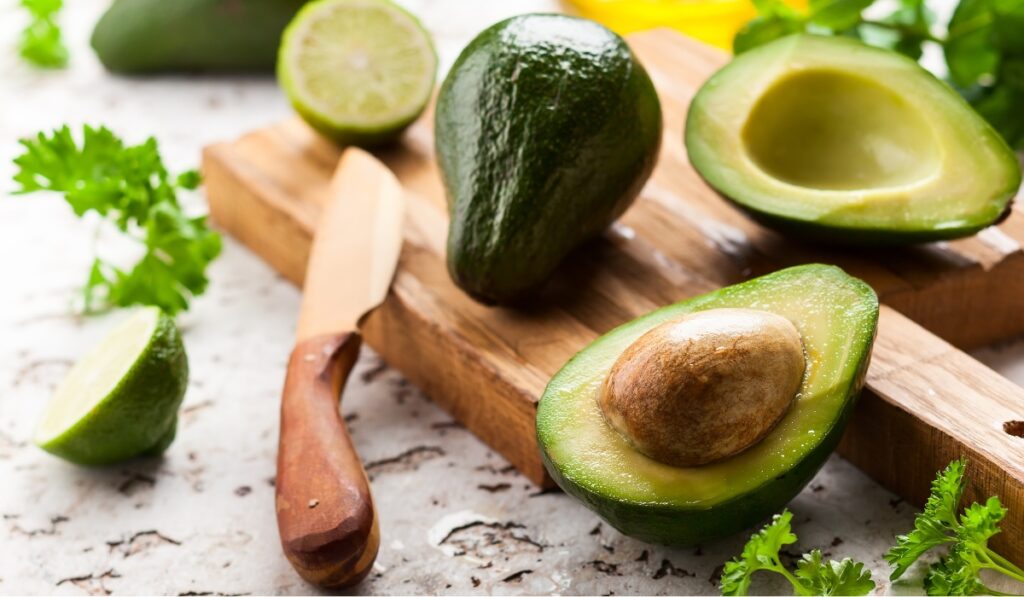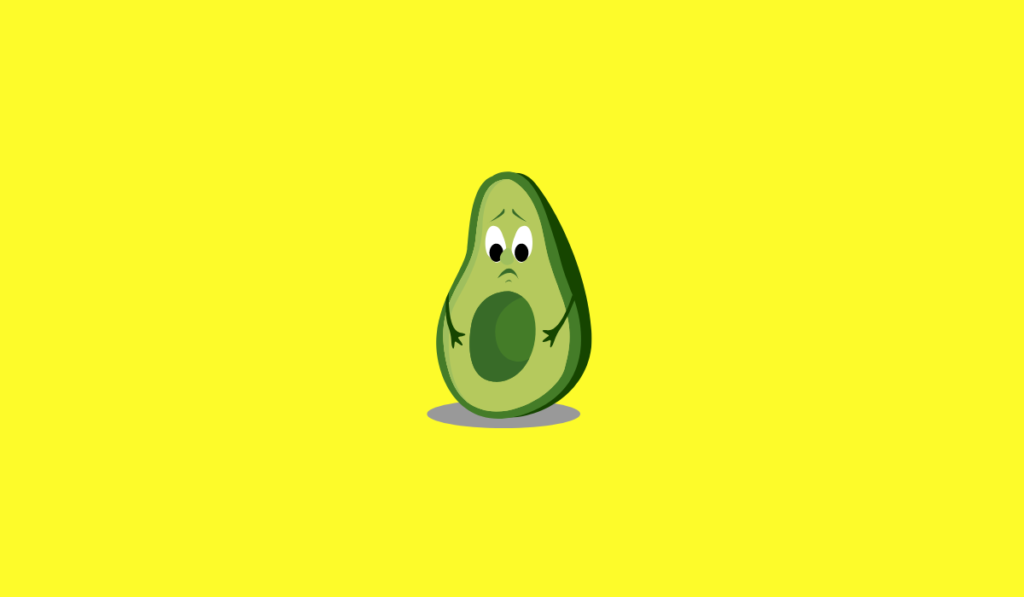Any avocado contains an avocado pit, which goes straight into the trash. Nevertheless, there is an opinion that the avocado pit is healthy and should be eaten too. Let’s say right away that we do not recommend this. On the one hand, there are a lot of studies, which suggest the presence of useful substances in the avocado seed. On the other hand, there is not enough research to say with certainty that an avocado seed can be eaten.
Table of Contents
What is the avocado seed made up of?
The avocado seed contains a wide range of fatty acids, dietary fiber, carbohydrates and even a small amount of protein. It contains nutritional components such as fiber, starch, healthy fats, potassium, vitamins A, C, and E.
However, there are also concerns that some of the plant compounds contained in the avocado seed are dangerous to human health, particularly trypsin inhibitors, which can destroy the pancreas and lead to metabolic diseases, and cyanogenic glycosides or so-called hydrocyanic acid.
Moreover, avocado seeds contain saponins, tannins, oxalates and phytic acid. These chemicals reduce or block the absorption of nutrients and trace elements from the digestive system into the bloodstream.
Is the bone edible?
Eating an avocado seed certainly won’t do any good. A number of experts, including the California Avocado Commission (CAC), recommend against it.
Currently, there is insufficient evidence that avocado seeds are safe for human consumption, since all studies so far have been conducted on animals. However, even they indicate that the avocado seed can do more harm than good.
One of the main dangers is the plant toxin persin, which is present in high concentrations in both the avocado seed and the leaves. Persin is known to cause severe poisoning and even death in various animals.
Also, as written above, the avocado seed contains:
- Saponins, which reduce nutrient absorption;
- Tannins, which reduce iron absorption;
- Oxalate, which reduces calcium absorption;
- Phytic acid, which reduces iron, zinc, magnesium and calcium absorption.
What to do with an avocado seed?
Despite the fact that you should not eat the avocado seed, it can also be used. For example, in ancient times, the crushed seeds were used to make ink and make poison to exterminate rodents.
- Grinding: The easiest way to use avocado seeds is to grind them into a powder. This can be done using a coffee grinder or a blender. The powder can be added to smoothies, juices, soups, or stews for added nutrients and flavor.
- Infusions: Avocado seeds can be infused into oil or vinegar to make flavorful condiments. Simply place the seeds in a glass jar with the oil or vinegar, cover, and let sit for a few days. Strain the seeds and the resulting oil or vinegar can be used as a dressing or marinade.
- Tea: Avocado seeds can be dried and steeped in boiling water to make a tea. This tea is high in antioxidants and has anti-inflammatory properties, making it a healthy addition to your daily routine.
- Skin care: Avocado seeds can be blended into a paste and applied to the skin as a face mask. The antioxidants and anti-inflammatory properties can help improve the health and appearance of the skin.
- Baking: Avocado seed flour can be made by grinding dried seeds into a powder. This flour is gluten-free and can be used as a substitute for regular flour in baking recipes.
But perhaps the most important benefit is that you can grow a beautiful avocado tree from the pit at home.






